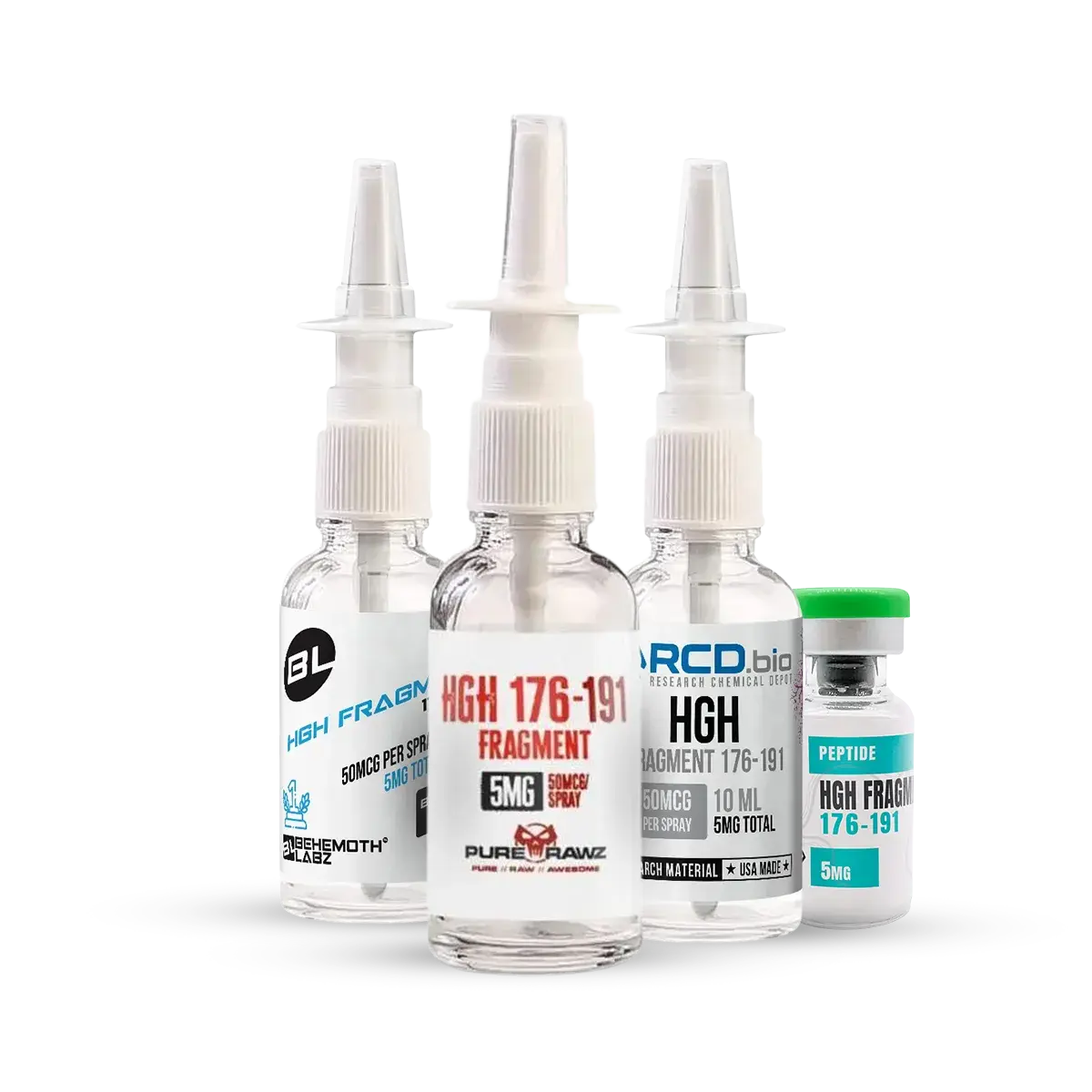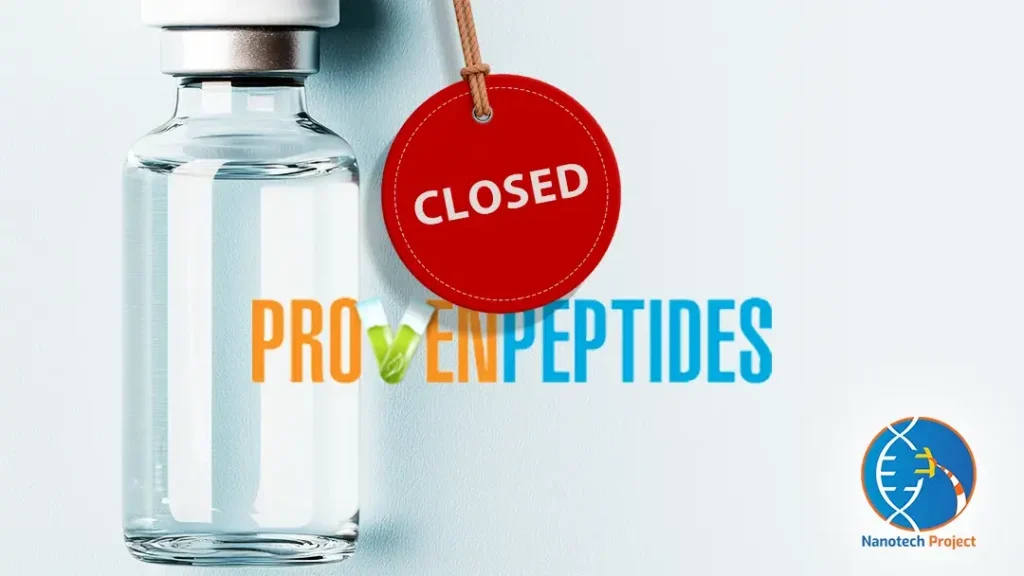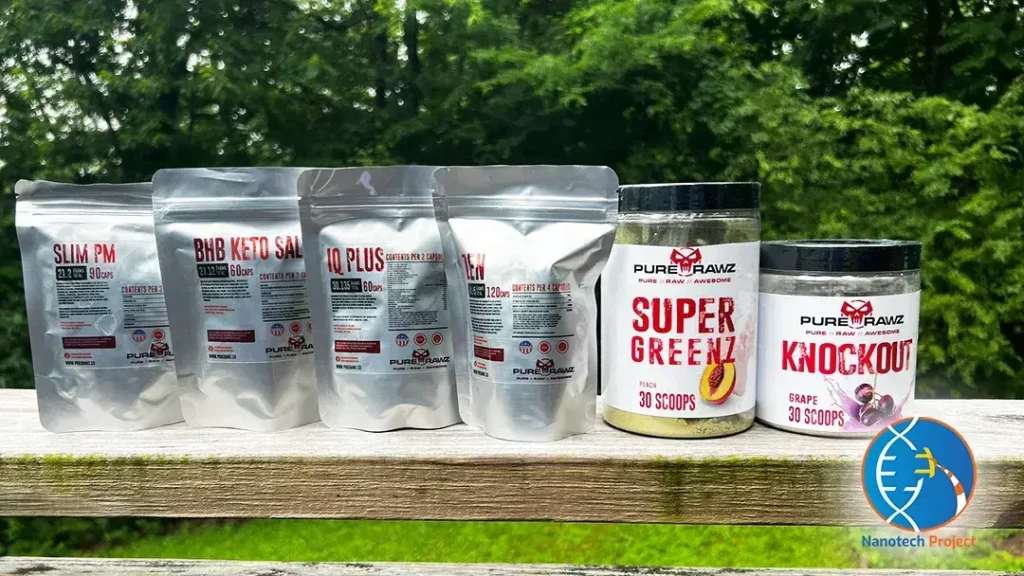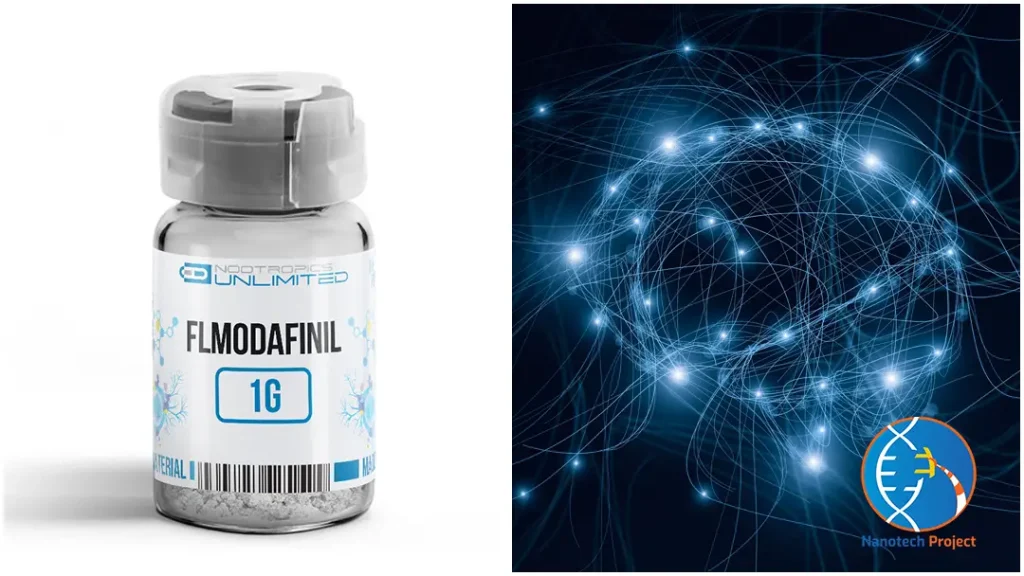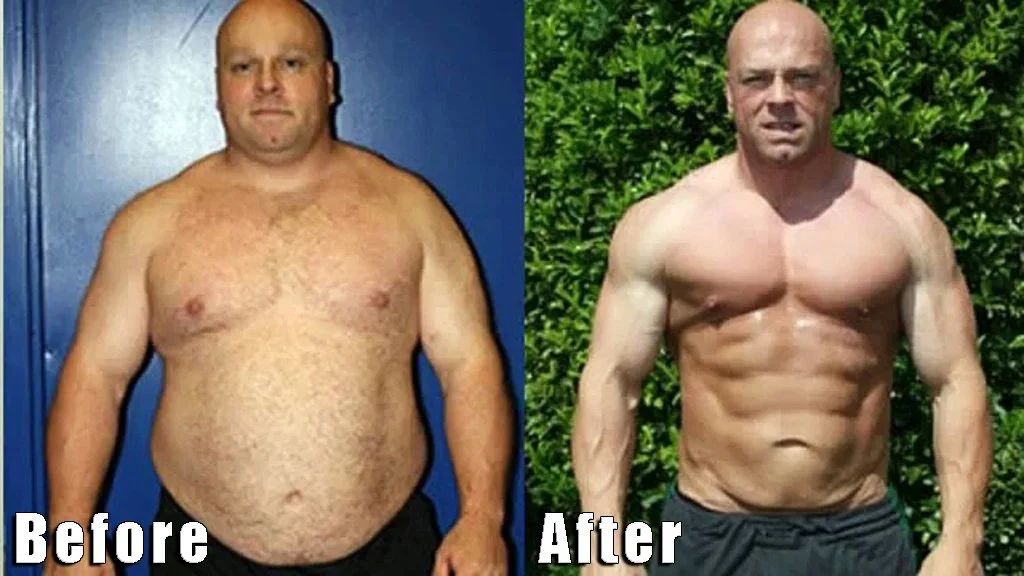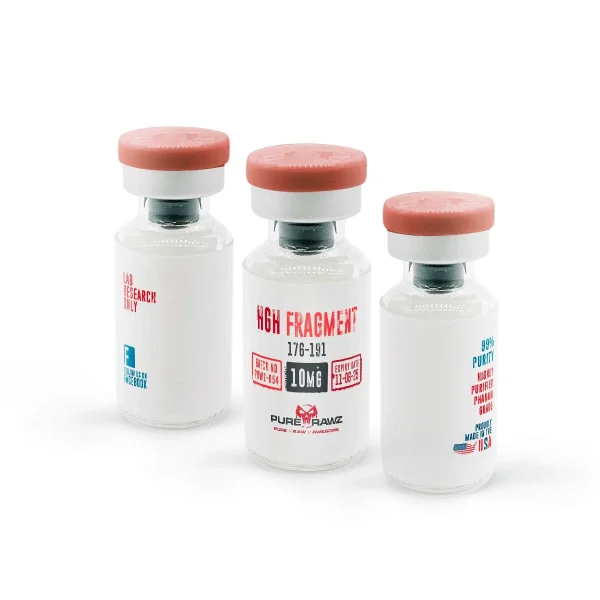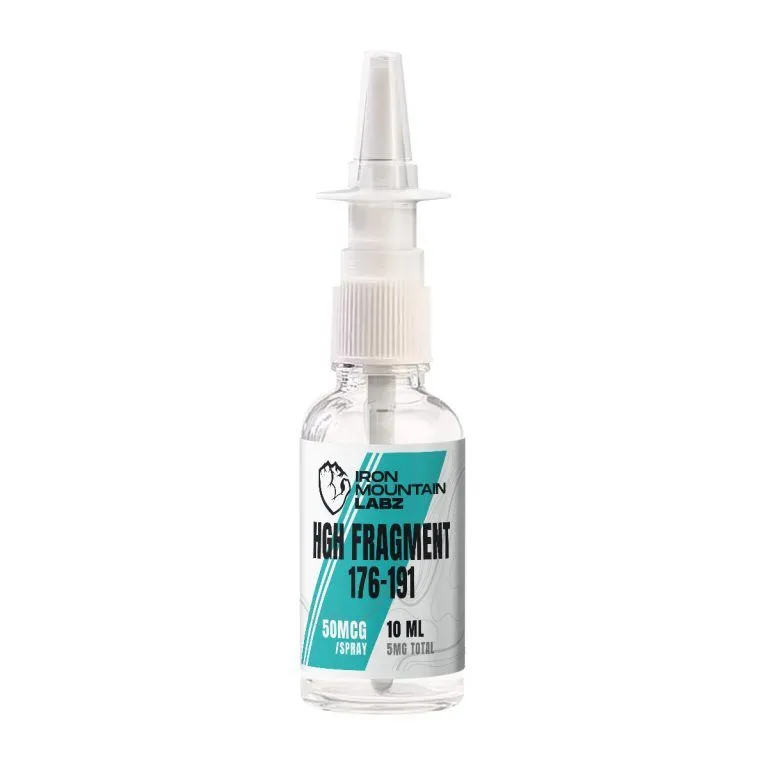Human growth hormone (HGH) and testosterone may share some similarities, but their mechanisms of action are different. Understanding the working mechanism and attributes of both hormones is essential if someone is considering using them. This blog aims to provide you with a clear comparison between the two. Let’s explore!
HGH Vs Testosterone: A Clear Difference
| Human Growth Hormone (HGH) | Testosterone |
| Stimulates growth, cell repair, and regeneration. | A key hormone for male sexual development, muscle growth, and overall well-being. |
| Produced by the Pituitary gland | Testes (primarily) and ovaries (in small amounts). |
| Known as a peptide hormone | Known as a steroid hormone |
| Increases muscle mass, reduces fat, improves skin elasticity, boosts energy levels, and enhances healing. | Increases muscle mass, strength, libido, and bone density, and improves mood. |
| Used for growth hormone deficiency, anti-aging, and muscle wasting conditions. | Used in testosterone replacement therapy (TRT) to treat hypogonadism, and for muscle growth. |
| Declines gradually after the age of 30, affecting recovery and growth. | Declines with age, especially after 30, leading to reduced energy and libido. |
| Swelling, joint pain, increased risk of diabetes, carpal tunnel syndrome, and acromegaly in extreme cases. | Acne, hair loss, aggression, prostate enlargement, and high blood pressure. |
What is Human growth hormone (HGH)?
Human growth hormone (HGH), or somatotropin, is a peptide that occurs naturally in the body. The hormone is produced by the pituitary gland, which is located at the base of the brain. Its function is to help with height and influence bone and muscle mass.
It is believed that the release of HGH follows a pulsatile pattern, which means it is released in bursts throughout the day, especially during sleep. However, HGH production peaks during adolescence and gradually declines in adulthood, which is why synthetic HGH may be prescribed. For more on the benefits and usage of HGH, check out our HGH Before and After Results.
What is Testosterone?
Testosterone is a hormone found in both males and females. However, its ratio in men is generally high. It is produced primarily in the testicles in men and in smaller amounts by the adrenal glands.
In men, the testosterone hormone plays a crucial role in reproductive tissues such as the testicles and prostate. In addition, it also helps with secondary sexual characteristics such as increased muscle and bone mass and growth of body hair. For personalized insights and expert guidance on testosterone replacement therapy, explore our Testosterone Replacement Therapy services and start your journey to better health today.
What do HGH and Testosterone do?
Since HGH and testosterone are distinct hormones, they each offer different functions.
HGH
HGH stimulates growth, cell reproduction, and regeneration in the body. This hormone is also believed to regulate metabolism and fat distribution.
HGH also has an impact on the breakdown of fat, encouraging the body to use fat as an energy source. HGH is used in medicine to treat growth disorders or hormone deficiencies. For more on HGH usage, see HGH Human Growth Hormone.
Testosterone
Testosterone is believed to boost libido, energy, and mood in men. The hormone is also responsible for developing male traits like muscle mass, bone density, and facial hair.
Moreover, testosterone helps with sperm production and maintains sexual function. For additional information, check out our guide on testosterone therapy.
How do HGH and Testosterone Work?
Since HGH and testosterone are different, their working mechanisms are also not the same.
HGH
HGH is secreted by the pituitary gland into the bloodstream. From there, it travels to the liver, where it signals it to stimulate the production of insulin-like growth factor (IGF-1). IGF-1 is a key factor of HGH’s effects.
IGF-1 is thought to promote growth and repair by stimulating the growth of bones, muscles, and various other tissues. It helps with the division and differentiation of cells, which encourages growth during childhood and adolescence.
Moreover, HGH regulates metabolism by increasing protein synthesis, which further promotes fat breakdown and improves cell uptake of glucose and amino acids.
Testosterone
In men, testosterone is produced in the testes and is crucial for sexual development. It works by binding to the androgen receptors found in various tissues, including muscles, bones, skin, and the brain.
Once it binds to these receptors, it activates specific genes inside the cells, leading to various physiological effects. For example, in muscles, it promotes protein synthesis, helping to increase muscle mass and strength.
In bones, it helps maintain bone density and strength by stimulating bone growth and reducing bone breakdown. In the brain, testosterone influences mood, energy, and cognitive functions.
The body carefully regulates testosterone levels through feedback mechanisms involving the hypothalamus and pituitary gland, which control its production.
When do you need HGH?
Though our body produces growth hormones (GH) naturally, some people may not have enough and need them for medical conditions.
Growth Hormone Deficiency:
If your body does not produce enough HGH, it can be prone to conditions such as stunted growth in children or reduced muscle mass, energy, and bone density in adults. It is used to treat muscle-wasting disorders such as those seen in HIV/AIDS. In such cases, HGH therapy may be prescribed to stimulate growth and restore normal levels. For similar uses, check out our guide on HGH Before and After Results.
Delayed Growth in Children:
Children with growth hormone deficiencies may not grow at a typical rate. HGH injections can help stimulate growth and development to reach a more typical height.
Anti-Aging or Performance Enhancement (Non-Medical):
Some people use HGH in an attempt to slow aging. However, this is not medically recommended unless specifically prescribed for a diagnosed deficiency. Learn more about how HGH impacts muscle growth.
Similarities Between Human Growth Hormone (HGH) and Testosterone
Till now, you may have understood the difference between the two hormones. Now let’s have a look at what similarities both hormones share.
| Features | HGH | Testosterone |
| Type of hormone | Peptide hormone | Steroid hormone |
| Produced by | Pituitary gland | Testes (main source), ovaries, adrenal glands |
| Impact on muscle mass | Increases muscle mass and strength by promoting protein synthesis | Increases muscle mass and strength by enhancing protein synthesis and red blood cell production |
| Role in the body | Stimulates growth, cell reproduction, and regeneration | Regulates male sexual development and muscle mass |
| Effects on bone health | Increases bone density | Maintains bone density and strength |
| Presence in both genders | Present in males and females | Present in both genders but relatively higher in men |
| Medical uses | Used to treat growth hormone deficiencies and other conditions | Used for testosterone replacement therapy (TRT) and to treat hypogonadism |
| Potential benefits | Increase muscle mass, help burn fat, enhance recovery, boost skin health, and increase energy levels | Increase muscle mass and strength, improve bone density, and enhance libido |
| Potential side effects | It can cause joint pain, swelling, carpal tunnel, and insulin resistance | It can cause aggression, acne, hair loss, and liver damage if abused |
Conclusion
In conclusion, while HGH and testosterone both support growth, strength, and overall vitality, they serve distinct roles in the body. Human Growth Hormone primarily promotes cell regeneration, tissue repair, and metabolism, whereas testosterone plays a key role in male sexual development, muscle growth, and bone density. Understanding the differences between these two hormones is essential for anyone considering hormone therapy or supplementation. However, such decisions should always be made under the guidance of a qualified healthcare professional.


